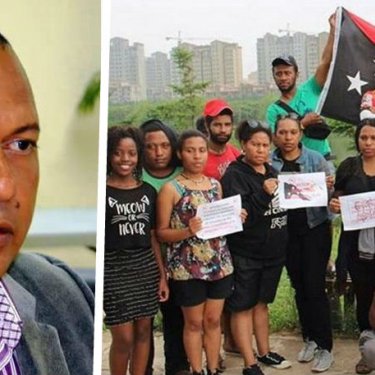Papua New Guinea government wants to block access to Facebook

Reporters Without Borders (RSF) condemns the Papua New Guinean government’s declared intention to shut down access to Facebook for at least month, as this would drastically curtail access to news and information and would hurt both the media and public.
The plan was announced on 28 May by communications minister Sam Basil, who said Facebook would be blocked for a month or more in order to identify and remove users who “hide behind fake accounts” or “post false and misleading information.”
Many observers suspect that the plan is motivated by the government’s desire to silence its online critics, especially those commenting on the corruption accusations being levelled against government.
“We urge the Papua New Guinean authorities not to take this road, which would be dangerous for the freedom to inform,” said Daniel Bastard, the head of RSF’s Asia-Pacific desk.
“Blocking this social network would deprive nearly a million Internet users of access to independently reported news and information. Instead of resorting to censorship, the communications minister should encourage online platforms to be more transparent and responsible about content regulation.”
The outcry about Basil’s announcement is all the greater because he used to express very different views on the impact of social networks on Papua New Guinea’s society. Before being offered a government post, this former opposition member congratulated bloggers who exposed government corruption on Facebook.
Ironically, Papua New Guinean students based in China – who have to use virtual private networks to access Facebook because it has been blocked there since 2009 – have condemned the government’s plan because it would make it much harder for them to follow the news from back home.



